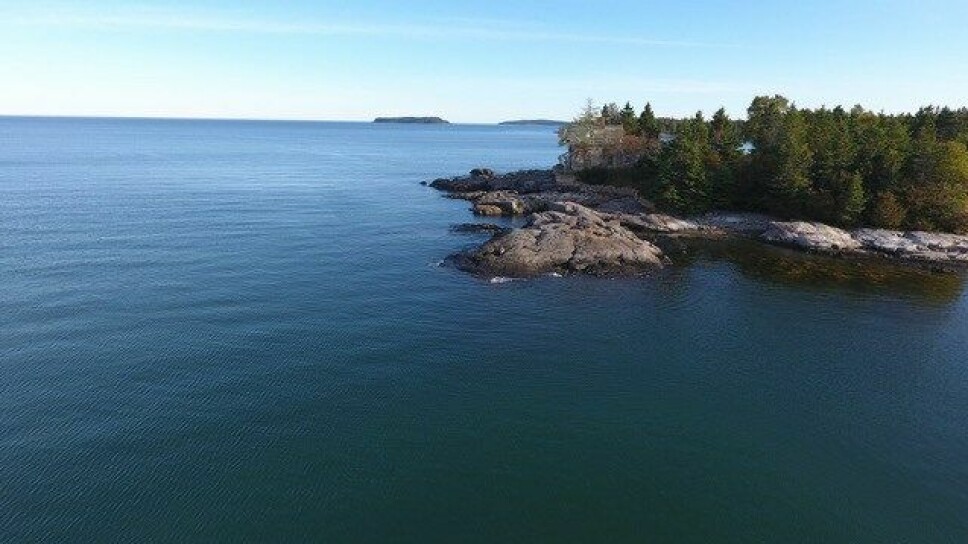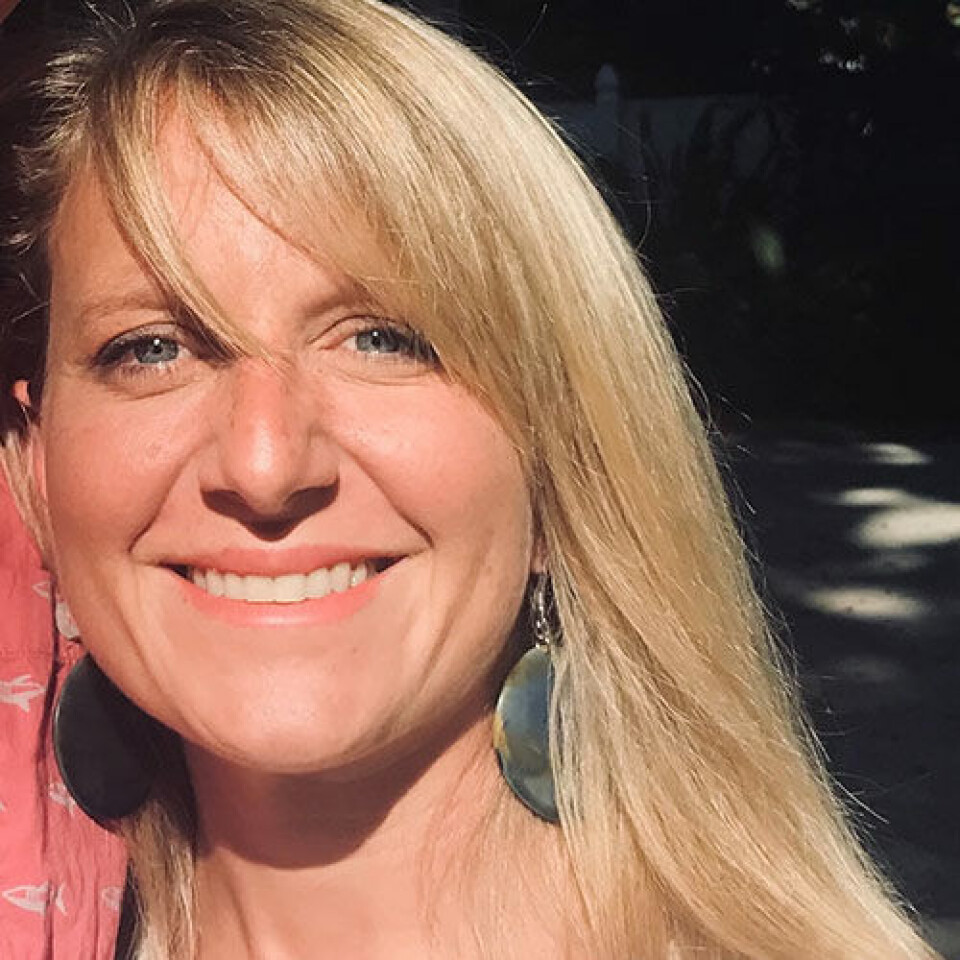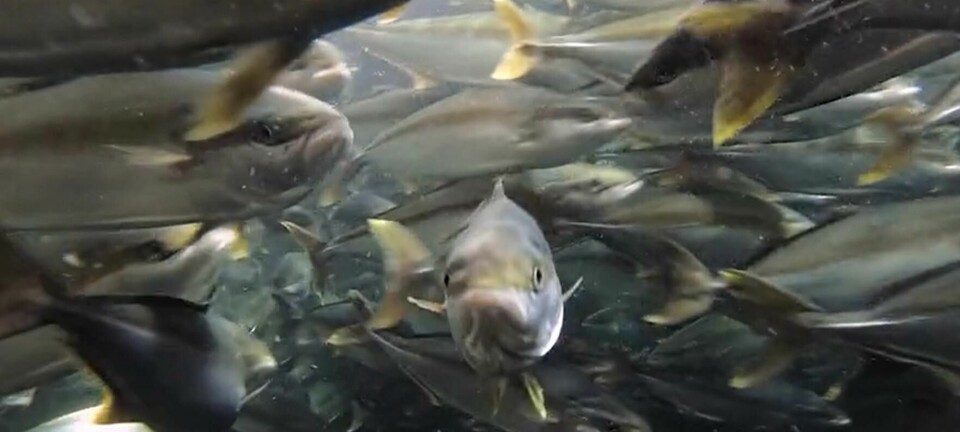
Opposition group’s appeal ‘won’t stop US fish farm’
Kingfish Maine says building permit allows construction despite attempt to halt project
An appeal against planning consent for Kingfish Maine’s on-land fish farm in Jonesport will not delay construction, the company told Fish Farming Expert.
Opposition group Protect Downeast yesterday said it intends to appeal Jonesport’s Planning Board’s decision to greenlight the 8,500-tonnes-per-year yellowtail kingfish facility.
Kingfish Maine says Protect Downeast is funded by the owners of the Roque Island Gardner Homestead Corporation (RIGHC), a family company that owns the private Roque Island and eight adjoining islands which are separated from company’s mainland shore site by Chandler Bay.
The group’s lawyer, Elizabeth Boepple, said in a press release that until all appeals are resolved, the local permits are not final, and no construction can begin.

Met all standards
But Kingfish Maine operations manager Megan Sorby said the company has met all standards of the Land Use and Shoreland Zoning Ordinance as stipulated by the Jonesport Planning Board and has been granted a building permit which allows construction to begin.
“It’s important to note that per state statutes, all permits stand until appeals are upheld,” said Sorby.
Protect Downeast has also pointed out that as of 12 December, Kingfish had not filed proof that it has the financial resources to build the $110 million project, as required by the Maine Department of Environmental Protection (DEP) permit for the recirculating aquaculture system (RAS) facility.
'Standard practice'
“Kingfish provided significant information supporting its financial capacity to proceed with its fully permitted development in the US. It is standard practice for any development to update financial capacity with the DEP prior to the start of construction, which is why it is included in conditions,” said Sorby.
“We know this and fully intend to do so just as we have adhered to all other permit conditions to date. These are the latest desperate measures the members of Roque Island and their paid consultants are taking to distract from the fact that the town is overwhelmingly supportive of this project and that it adheres to the highest standard within the rigorous permitting process. They alone are in opposition and don’t care how much they cost the people of Jonesport in that stance.”
Sorby added: “We respect the permitting process. We are confident the appeals from Roque Island will be denied just as they have been to date, and we will begin the construction process next year.”
Local support
Kingfish Maine has received strong local support from Jonesport. Earlier this year, residents turned down an aquaculture moratorium by 201 votes to 91.
“Roque Island is sparing no expense to go after the town of Jonesport and continue its campaign to stop this project,” said Sorby. “And the town of Jonesport will unfortunately have to pay for their continued appeals of a project that’s received the blessing of not only the town but state and federal agencies.”
Ohad Maiman, founder of Kingish Maine’s Netherlands-based parent, The Kingfish Company, said: “This group continues to ignore the will of the people of Jonesport and is only pushing its own agenda with these continued appeals and unfounded accusations.
“With permits in hand and the community in full support of the project, we look forward to the promising next chapter of Kingfish in Maine.”
Concern over effluent
Protect Downeast’s board six-person board includes two lobster fishers, two educators, and Ariana Fischer, chair of the RIGHC board of directors.
In a failed appeal against a previous permit granted to Kingfish Maine, Fischer said the Roque Island archipelago had been owned by her family in one form or another since 1806.
She said that although the west shore of Roque Island lies approximately 1.87 miles from the Kingfish Maine site, tides and currents “may very well carry the project’s effluent continuously to our shoreline”.
Although the RIGHC website states that Roque Island and its beaches are private property, and are not open to the public, Fischer said in her appeal submission that hundreds of visitors use the beaches, coves, and inlets around the islands, and that there are more than 400 direct descendants of the original purchaser, Joseph Peabody, including their spouses, relatives, and guests who use the island virtually year-round.
























































